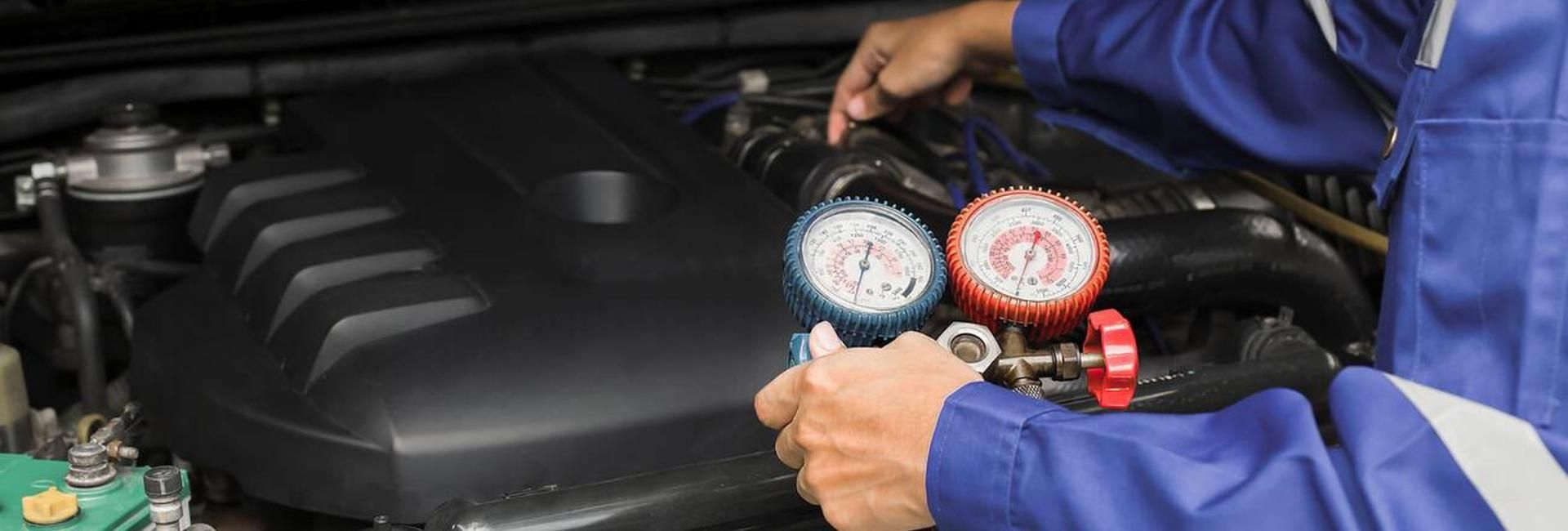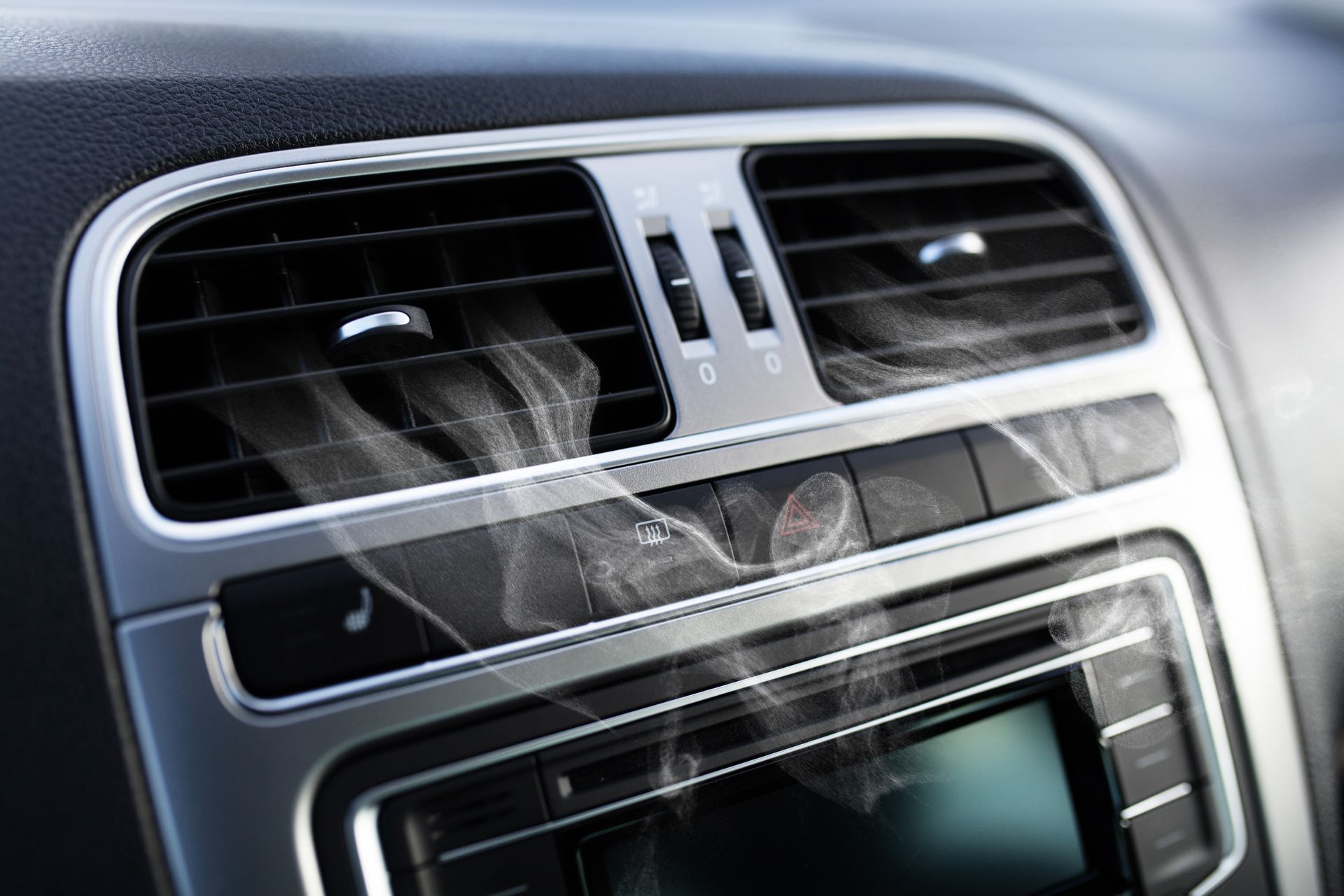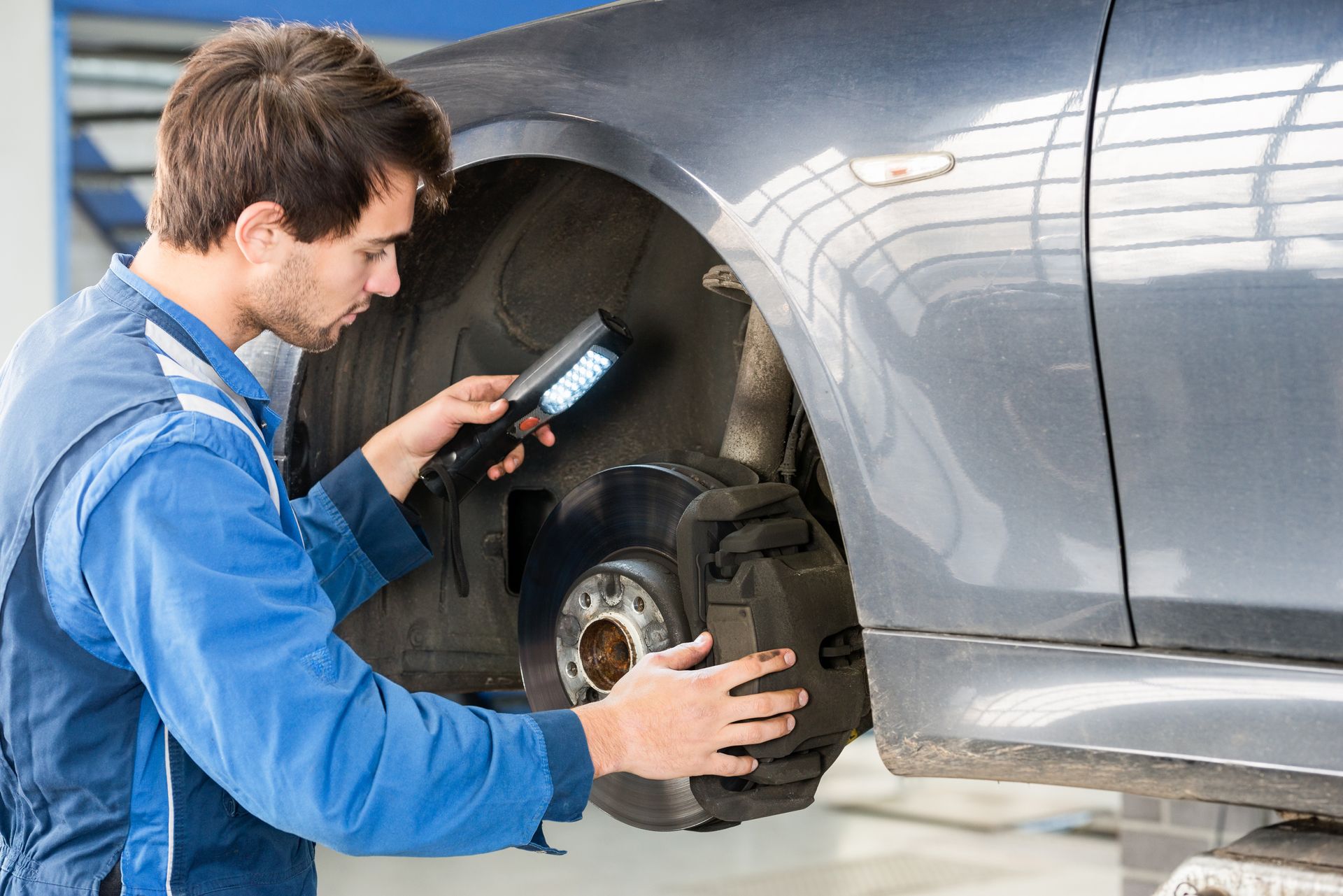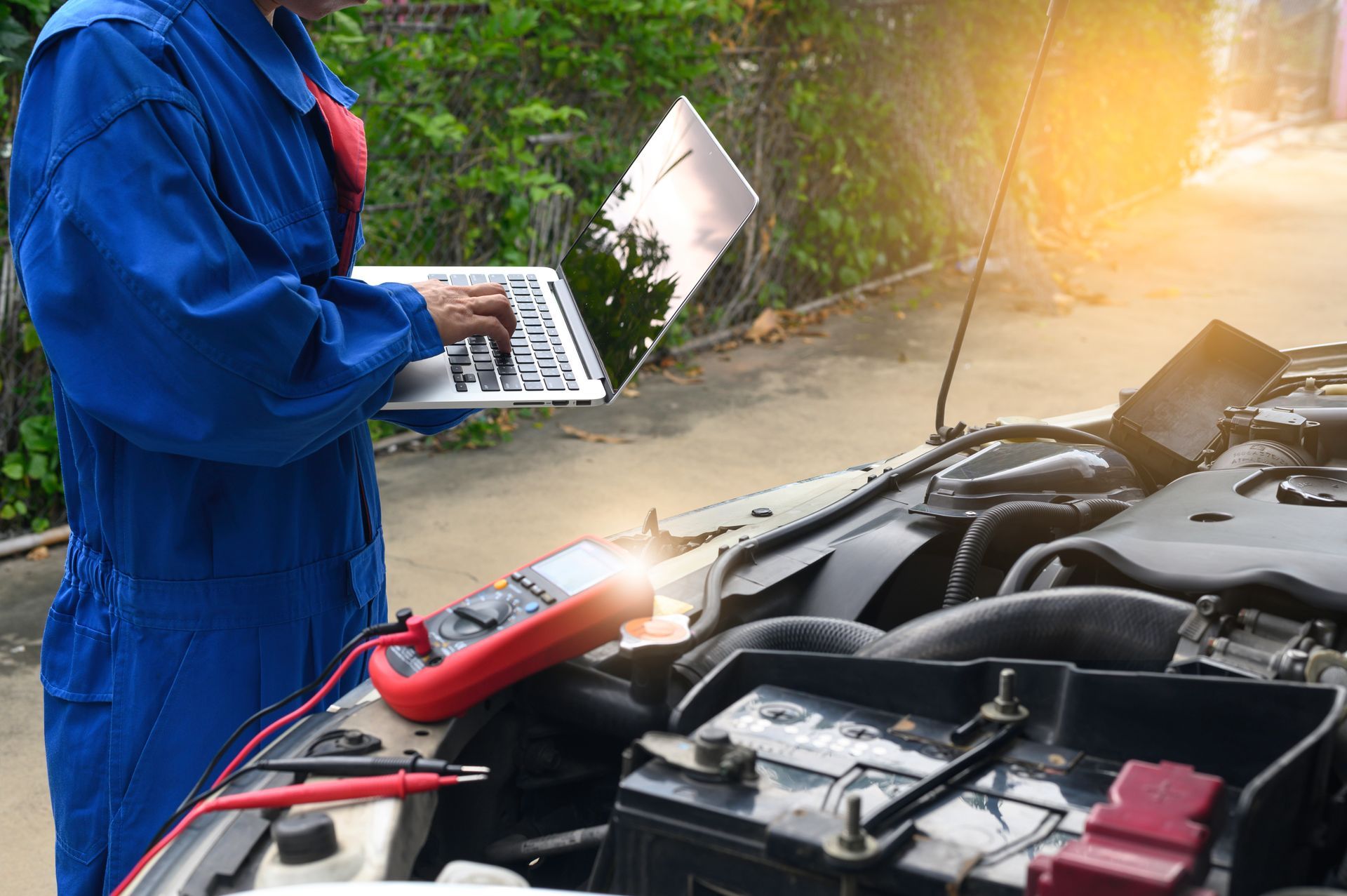If your dashboard suddenly lights up with both the ABS and traction control warning indicators, it can feel alarming. Most of the time, these lights are triggered by a single issue: a malfunctioning wheel speed sensor. These sensors are small, but they play a big role in your car’s safety systems. Without accurate input from them, your vehicle may struggle to maintain control in slippery or emergency situations.
Here’s why wheel speed sensors matter and how they connect to two of your car’s most important systems.
What Does the Wheel Speed Sensor Do
Each wheel on your vehicle has a sensor that monitors how fast it’s turning. This information is sent to your car’s onboard computer and used by systems like the anti-lock braking system (ABS) and traction control. These systems rely on precise speed data to detect when a wheel is slipping or locking up.
When one sensor starts to fail or gives incorrect readings, the vehicle can no longer trust the data it receives. That’s when the warning lights appear, signaling that ABS and traction control may not work properly.
How Wheel Speed Sensors Support ABS
ABS is designed to prevent your wheels from locking up during hard braking. When the system senses that one or more wheels are decelerating faster than the rest, it briefly releases brake pressure to allow the wheels to keep rotating.
If a wheel speed sensor stops reporting or gives inconsistent data, the ABS module cannot make accurate decisions. As a result, the system may shut off, and the ABS warning light will come on.
How Traction Control Uses the Same Sensors
The traction control system helps reduce wheel spin when you accelerate. It often works by applying brake pressure to an individual wheel or slightly reducing engine power. This process depends entirely on the sensors that tell the system which wheel is slipping.
When a sensor stops functioning, traction control can no longer detect wheel spin accurately. In most cases, the system turns itself off, and the traction control light appears on your dashboard.
Common Causes of Sensor Failure
Wheel speed sensors are located near the brake rotors or inside the wheel hub. Because of their location, they are exposed to dirt, moisture, road salt, and debris. Over time, this exposure can lead to corrosion or physical damage.
The most common causes of sensor failure include:
- Broken or frayed sensor wires
- Buildup of metal shavings or grime on the magnetic sensor tip
- Corroded connectors
- Damage to the tone ring
These issues can cause intermittent or complete signal loss, triggering system warnings.
What You Might Notice While Driving
When a wheel speed sensor fails, you may not notice any difference in how the car drives during normal conditions. However, in emergency stops or during slippery weather, your vehicle may no longer have the assistance of ABS or traction control.
Some vehicles also enter a limited safety mode when sensor faults occur, which can affect acceleration, shift points, or throttle response. In rare cases, cruise control may be disabled as well.
How Technicians Diagnose the Problem
When both ABS and traction control lights are on, the first step is to scan the car’s computer for trouble codes. These codes often indicate which wheel is affected and what kind of error is being detected.
From there, a technician may inspect the sensor wiring and connectors or check for damage to the sensor itself. In some cases, a simple cleaning or reconnecting of the plug solves the issue. Other times, the sensor needs to be replaced completely.
Why Prompt Repair Is Important
Driving with failed safety systems puts you at a disadvantage during bad weather or emergency situations. ABS and traction control are designed to give you an edge when stopping quickly or regaining grip on slippery roads. Ignoring the warning lights for too long could leave you vulnerable in the moment you need these systems the most.
Also, if you live in an area where regular inspections are required, warning lights may lead to a failed inspection.
Reliable ABS and Traction Control Repairs in Greeley, CO
At
The Garage Automotive Solutions in Greeley, CO, we help drivers stay safe by keeping critical systems like ABS and traction control functioning as they should. If you’re seeing warning lights or suspect a sensor issue, let our technicians inspect your vehicle. We’ll pinpoint the problem, explain your options, and get you back on the road with confidence. Don’t wait until traction becomes an issue. Schedule your inspection today.










